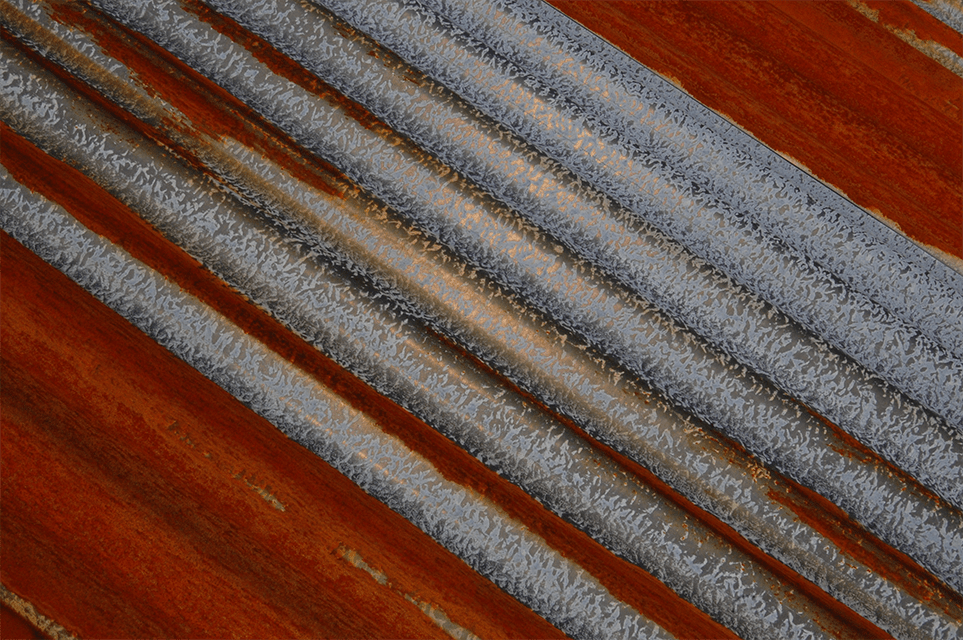Think about a corrosive substance that you deal with in your life. Most people will think about the rust on vehicles caused during the wintertime when road salt mixes with melting snow as it splashes onto the metal parts of their car. Now imagine dealing with saltwater on a daily basis when having maritime jobs or working with machinery that comes in contact with saltwater on a regular basis. Oxidation wears out metal parts frequently, causing them to fail faster if they are not protected by a sacrificial anode.
When trying to understand corrosion that occurs in salt water, you have to think about salt water as containing electrolytes that create an electrically conducive solution. When metals are introduced into this solution, such as iron, bronze or aluminum that is constructed into boat hulls, ship propellers, outboard engines, storage tanks, and fuel pipelines, each metal will have a type of electrochemical potential or active voltage.
As the electrolytes dissolve, parts of it are drawn to the metal that has an abundant number of electrons, while the other parts are drawn to another metal that has a deficit in the number of electrons it possesses. This back and forth movement of the dissolved electrolytes creates a current, as the salt water breaks apart the metal parts by making them give up its electrons to the saltwater. This process is called galvanic corrosion.
A sacrificial anode consists of a metal alloy, such as zinc, that has a more active voltage when it is introduced into the electrolyte current. The zinc has a greater negative electrochemical potential than other metals when it is placed into salt water. The purpose of the zinc is to have it “sacrifice” its electrons faster than the metal it is mounted to.
As the zinc anode is pulled apart during the electrolyte process, the other metal is protected as the electrolytes are more attracted to the active voltage that the zinc anode possesses. The aluminum, bronze and iron parts in the saltwater undergo less corrosion.
Zinc anodes are the preferred choice in metal alloys for saltwater applications that need a sacrificial anode, because the alloy is less resistant to the saltwater’s electrolytes. The zinc, in essence, stops the oxidation happening to the other metal part as the zinc dissolves away.
The amount of zinc anodes that are needed to protect the other metal surface will be based on several factors, such as how much of the other metal part will be in constant contact with the saltwater, what type of metal is the part made out of, and what type of shape must the zinc anode be made into.
Belmont Metals is a Brooklyn-based metal alloy manufacturer that has been in business for more than 100 years. They have been manufacturing zinc anodes and sacrificial anodes for 50 years as their engineers can create these alloys into the right shape, metallurgical formula, size, and strap for your application. By placing the right amount of zinc anodes on the ship’s hull, storage tank or other submerged metal surface, you can reduce corrosion while preserving the metal parts.
The company can custom make your zinc anodes as well as calculate the number of sacrificial anodes that you will need to mount or weld into place on the surface of the part or equipment. This process will also save you money on repair and replacement of metal parts and equipment used in maritime applications.
All of Belmont’s zinc anodes can be used for industrial processes as they come with full certification that allows the anodes to be used for governmental purposes. Learn more about sacrificial zinc anodes and their uses by contacting our experienced engineers today.

